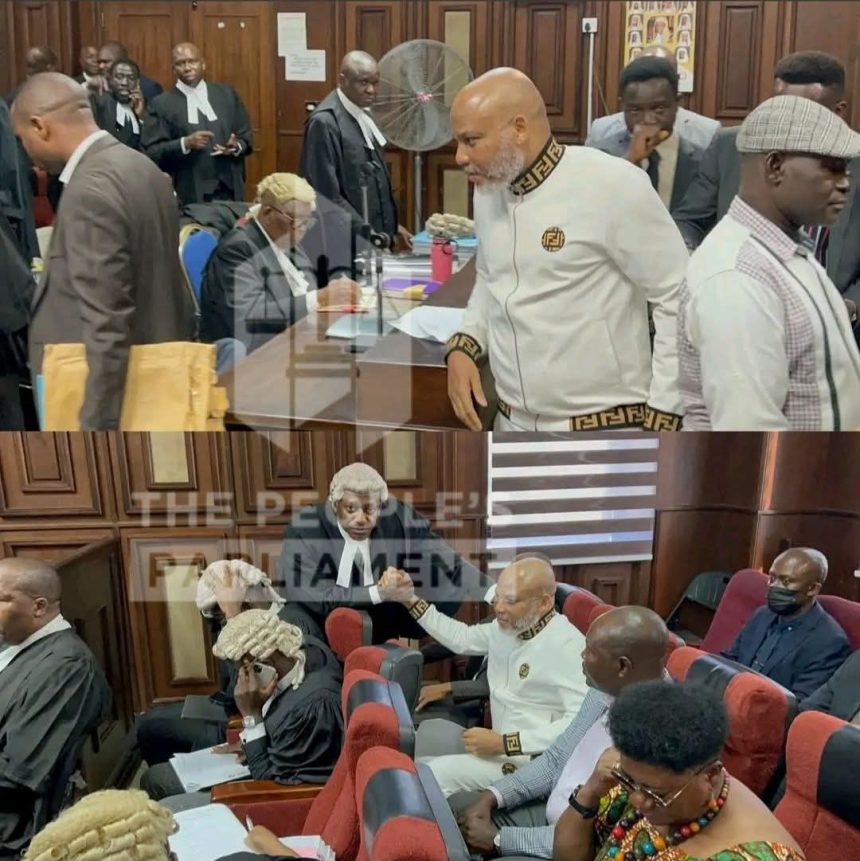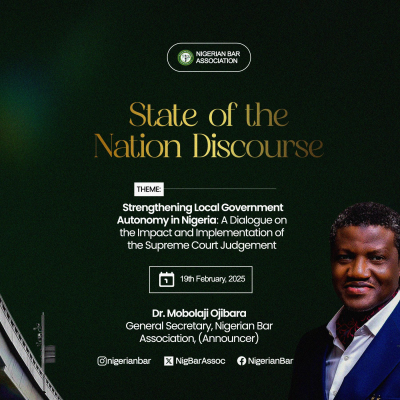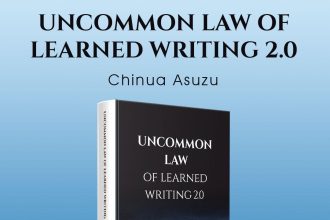ABUJA — In a dramatic twist, the trial of Nnamdi Kanu, leader of the proscribed Indigenous People of Biafra (IPOB), took a sharp turn on Thursday at the Federal High Court, Abuja, when his entire legal team formally withdrew and he declared his intention to defend himself.
Lead counsel Kanu Agabi SAN told the court that his team was withdrawing because Kanu had “taken the case back from us”.
When the presiding judge asked Kanu if he wished new counsel to be assigned, he bluntly declined. “I will represent myself for now,” he said, adding the caveat “that might change later.”
Kanu then proceeded to orally raise a jurisdiction challenge, arguing the court lacked competence to entertain the charges before him. The court adjourned the matter until Friday to allow him time to prepare.

The charges against him remain serious, a seven-count amended charge bordering on treasonable felony and terrorism-related offences.
What this means, and what it tells us about self-representation in Nigeria
Using Kanu’s case as a reference point, here is what a person facing trial in Nigeria should know when considering whether they can represent themselves (i.e., act pro se) rather than through a lawyer.
1. Yes — the law allows self-representation
Under Nigeria’s 1999 Constitution, Section 36(6)(c) provides that a person charged with a criminal offence has the right to “be defended by a legal practitioner of his choice”. Legal commentary affirms that this means the accused can represent themselves if they wish.

So Kanu’s decision to decline assigned counsel and represent himself is legally permissible, provided the court is satisfied the accused is acting voluntarily, knowingly and with understanding. In his case, the court asked and Kanu confirmed he did not want another lawyer.
2. But there are practical and procedural risks
Legal commentary emphasises that while self-representation is allowed, it is often not advisable, especially in complex criminal trials. One blog warns:
“Self-representation … reduces your chances of success … you may miss procedural rules, make errors in cross-examination, wrongly present evidence.”
In Nigeria, rights of the accused include access to counsel, and if one cannot afford a lawyer, the state may be required to provide one. In Kanu’s case, he voluntarily declined counsel so the issue of indigency did not apply.
3. The court must ensure the decision is informed and voluntary
When an accused opts to represent himself, courts typically inquire whether the choice is made freely, without coercion, and with awareness of the implications.
The judge in Kanu’s case asked him whether he wished new counsel before granting his decision to self-represent.
4. Representation by oneself does not relieve the accused of obligations
Even if you represent yourself, you still must follow all procedural rules, meet deadlines, inspect the prosecution’s case, properly present evidence, cross-examine witnesses, etc.
A lay person may find these tasks very challenging without a legal background , especially in serious criminal matters.
5. Self-representation might not always be sensible in high stakes cases
In Kanu’s situation, with terrorism/treason charges and multiple counts pending before a high court, the risks of self-representation are magnified.
Legal experts caution that in severe matters, the lack of skilled legal representation can significantly disadvantage the accused.
Bottom line for “Atanda” (or anyone asking):
Yes, you can represent yourself in court in Nigeria, and Kanu’s case shows it is legally possible. However, you should only do so with full awareness of the risks and the procedural burdens involved. Self-representation is especially risky in serious criminal trials, and it is generally advisable to have a competent lawyer.
If you decide to handle your own case, you must prepare thoroughly, understand the law and procedure, and be ready to meet all the demands of your defence.
If you like, I can check which kinds of cases (e.g., minor vs serious offences) self-representation is more acceptable in Nigeria, and what the courts have said about self-representation in Nigerian jurisprudence. Would you like me to do that?









